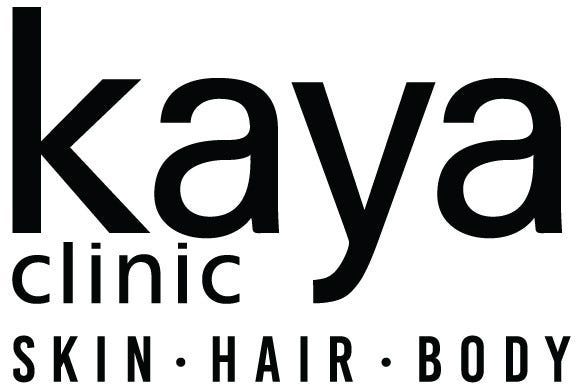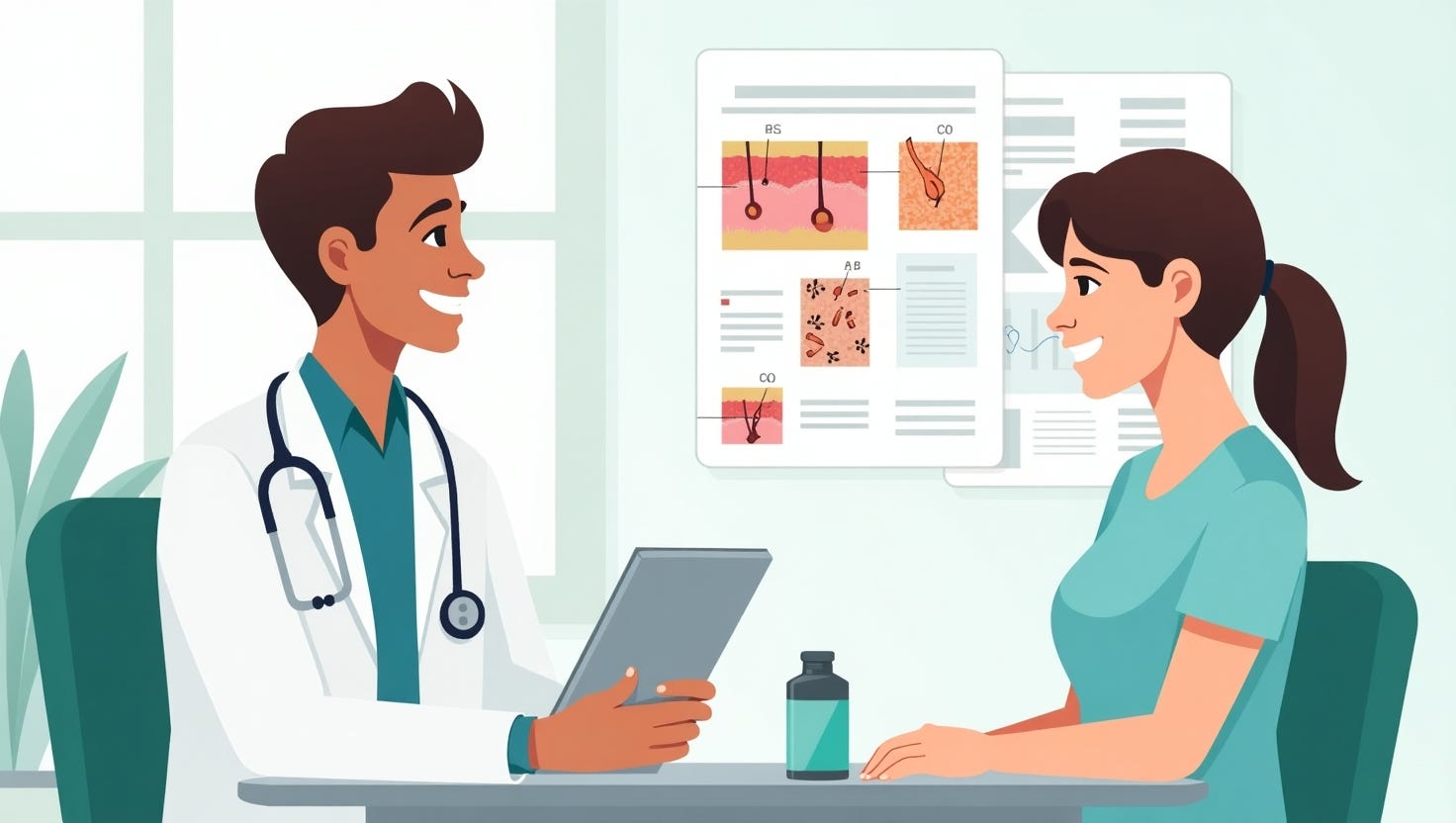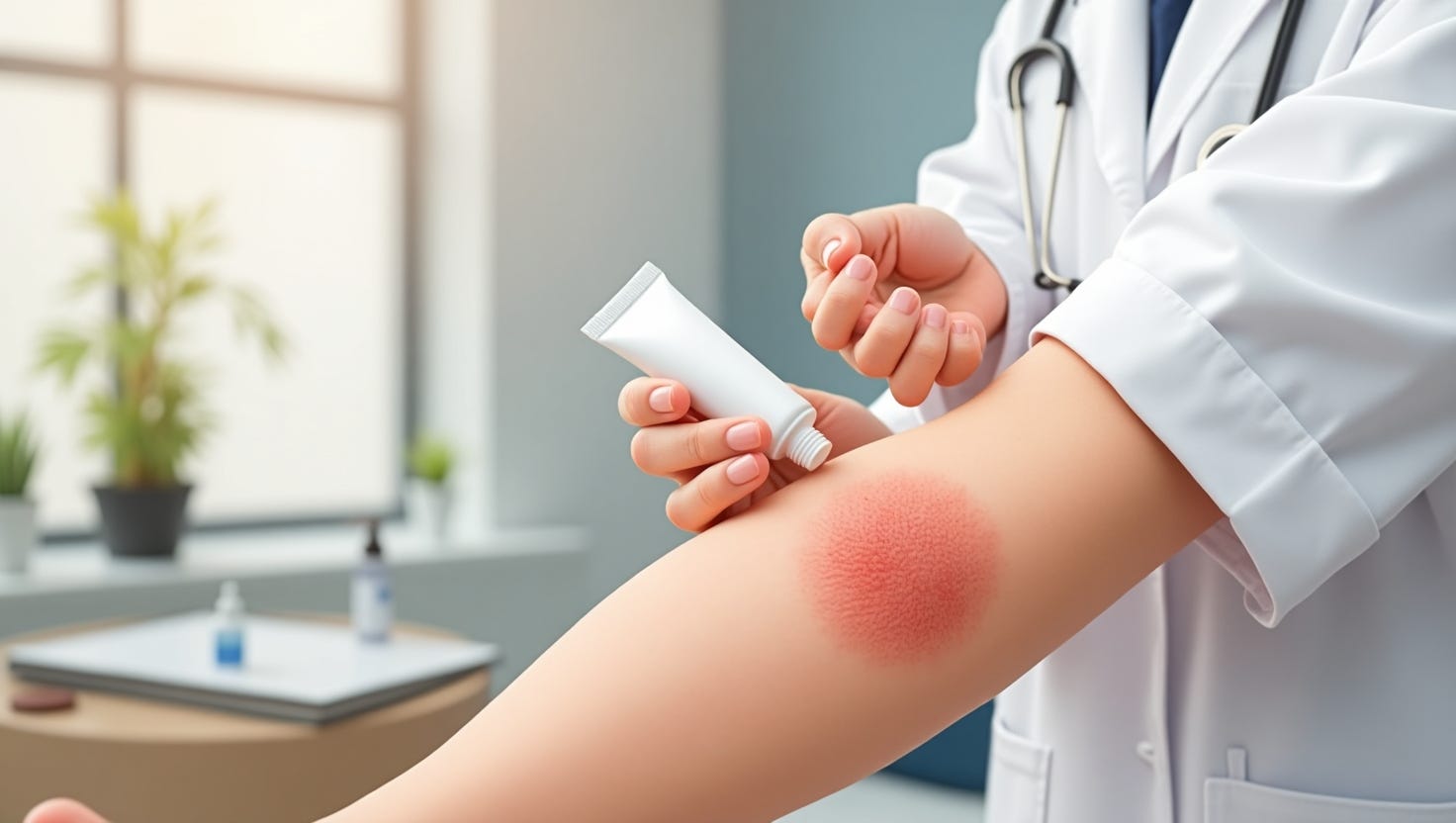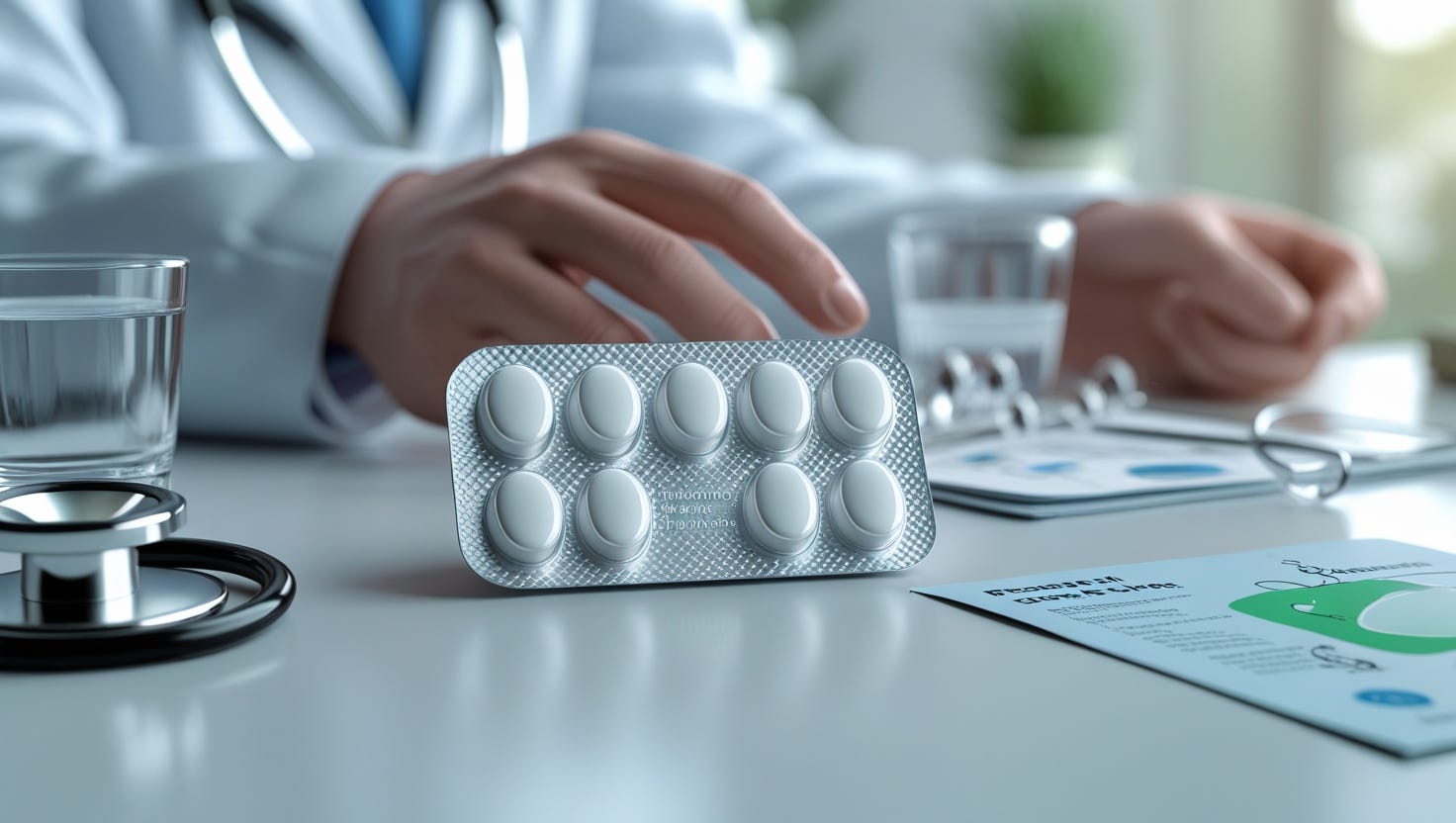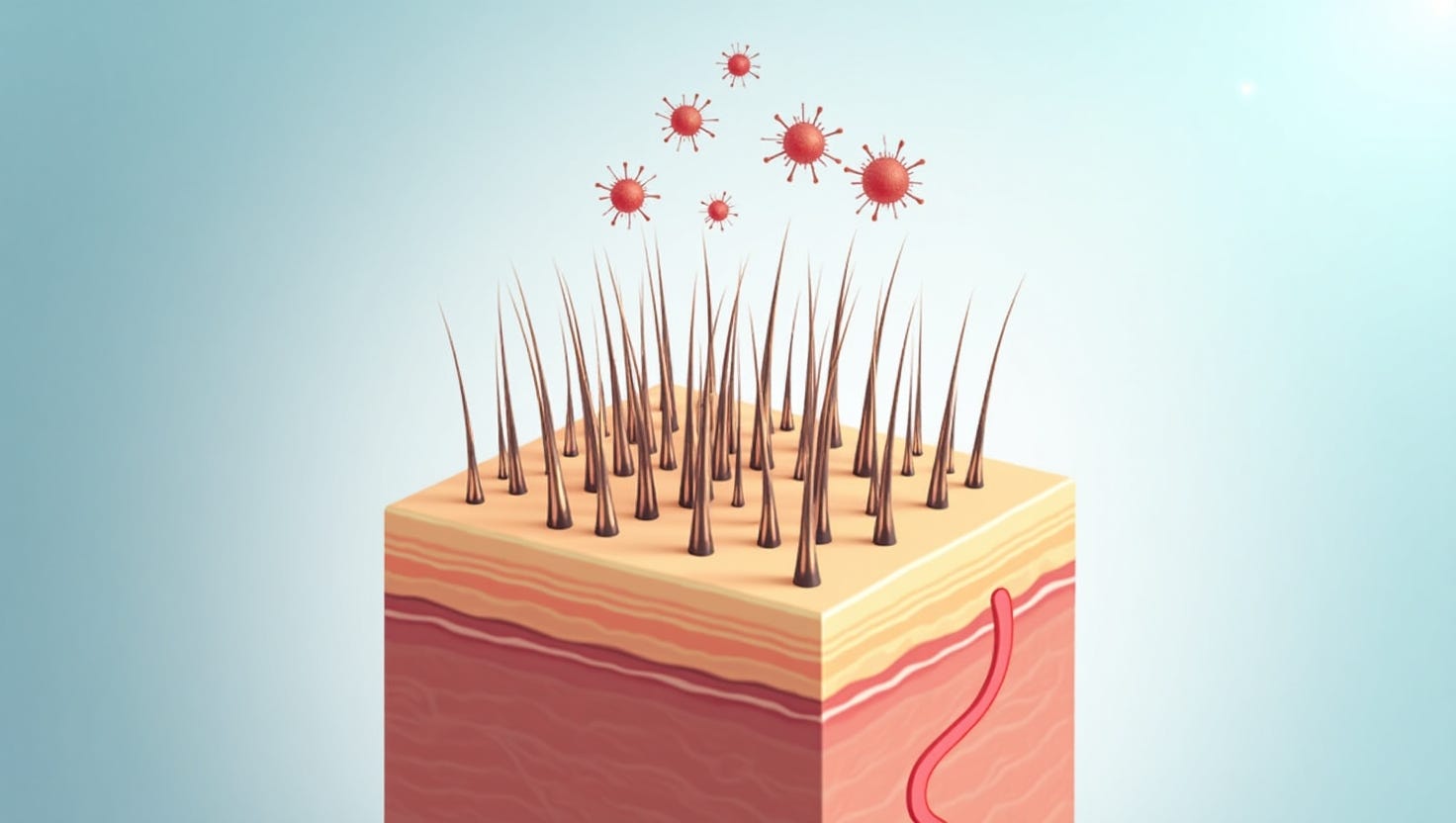Common Symptoms of Seborrheic Dermatitis
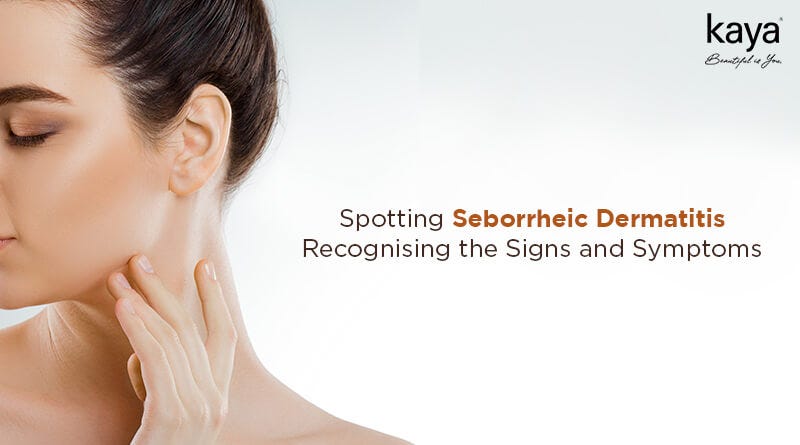
Table of Contents
- What Is Seborrhoeic Dermatitis?
- Key Symptoms of Seborrhoeic Dermatitis
- Underlying Causes and Risk Factors
- When to Seek Medical Attention
Are you struggling with persistent dryness, itching, and redness on your scalp? These could be symptoms beyond just ordinary dry skin & itchiness and could be signs of seborrhoeic dermatitis. This article deep dives into the condition of Seborrheic Dermatitis- the signs and symptoms and the plan of action to help you effectively identify and manage this common skin condition.
Seborrhoeic dermatitis can be a persistent and bothersome skin condition, affecting countless individuals globally. Each symptom offers a crucial clue, from the distinctive flaky, scaly patches to the persistent itchiness and redness. Understanding these signals not only aids in early diagnosis but also empowers individuals to take proactive steps towards relief and control.
What Is Seborrhoeic Dermatitis?
Seborrhoeic dermatitis is a chronic inflammatory skin condition that primarily affects the scalp but can also appear on other body parts. It results in red, scaly patches, often accompanied by dandruff. The exact cause remains unknown, but factors such as yeast (specifically Malassezia) on the skin, genetics, and external environmental factors may play a role.
Key Symptoms of Seborrhoeic Dermatitis
Recognising the distinct symptoms of seborrhoeic dermatitis is the first step to proper diagnosis and treatment. Below are some of the primary indicators:
Red and inflamed skin
Often, the initial sign many notice is seborrhoeic dermatitis, which results in red and inflamed skin patches. These patches frequently appear on the face, scalp, chest, and back—areas rich in oil-producing sebaceous glands.
Scaly Patches
A distinguishing feature of seborrhoeic dermatitis is the appearance of white or yellowish scales on the skin's surface. These may be mistaken for dandruff when localised to the scalp. Depending on the individual, these scales can be oily or dry and may or may not peel off easily.
Itchiness
A persistent itch often accompanies the inflamed areas affected by seborrhoeic dermatitis. Scratching, while providing temporary relief, can aggravate the condition, leading to potential complications.
Greasy Skin Appearance
Seborrhoeic dermatitis leads to greasy, scaly patches on the scalp. This condition, influenced by genetics and environmental factors, results from overactive sebaceous glands. These oily patches, often accompanied by redness and irritation, can lead to discomfort and self-consciousness. While not contagious, seborrhoeic dermatitis requires consistent management with medicated shampoos and topical treatments to alleviate symptoms and restore a healthy scalp.
Mild Swelling
In some instances, the affected areas can become mildly swollen, particularly if they've been rubbed or scratched frequently.
Hair Thinning or Loss
When the scalp is affected, persistent inflammation and scratching can lead to hair thinning or even hair loss in severe cases.
Skin Discoloration
Post-inflammatory changes can result in areas of the skin becoming lighter (hypopigmentation) or darker (hyperpigmentation) than the surrounding skin.
Sensation Changes
Some individuals may report a stinging or burning sensation, especially if the inflamed areas have open or broken skin. Regular monitoring and adjustment of therapies can help manage these sensations effectively.
Underlying Causes and Risk Factors
Though the exact etiologyaetiology of seborrhoeic dermatitis remains unclear, several factors have been identified that can increase susceptibility or exacerbate the condition:
- Yeast Overgrowth: Malassezia, a type of yeast found on most people's skin, can sometimes proliferate excessively, leading to seborrhoeic dermatitis in susceptible individuals.
- Environmental Conditions: Cold, dry climates can worsen the condition. Conversely, warm and humid conditions can also exacerbate symptoms in some individuals.
- Stress: Emotional or physical stress can trigger or intensify symptoms.
- Medical Conditions: People with certain diseases or disorders, such as Parkinson's disease, HIV/AIDS, or epilepsy, might have a higher risk.
When to Seek Medical Attention
Seborrhoeic dermatitis is usually mild and can be managed with over-the-counter treatments. However, there are times when you may need to see a doctor for seborrhoeic dermatitis. Here are some signs and symptoms for which you should seek medical attention for seborrhoeic dermatitis:
- Severe symptoms: If your seborrhoeic dermatitis is severe and causing significant discomfort or pain, you should see a doctor.
- Treatment failure: If you have tried over-the-counter treatments and your seborrhoeic dermatitis is not improving or getting worse, you should see a doctor.
- Signs of infection: If you experience any sign of infection, you should see a doctor immediately.
- Other concerns: If you have any other concerns about your seborrhoeic dermatitis, such as the appearance of your skin or its impact on your life, you should see a doctor.
If you have any signs or symptoms listed above, please consult a healthcare professional for seborrhoeic dermatitis. Early treatment can help prevent complications and improve your overall quality of life.
In conclusion, seborrheic dermatitis is a skin condition characterised by red, itchy, and inflamed patches, often with greasy, yellowish scales. Commonly affected areas include the scalp, face (especially around the nose and eyebrows), ears, and chest. Symptoms can vary in severity, and flare-ups may come and go.
Kaya is your trusted partner in treating seborrheic dermatitis. With a team of experienced dermatologists and a deep understanding of skincare, Kaya offers specialised treatments tailored to your unique needs. Their expertise in managing this condition effectively can relieve symptoms like itching and flaking, helping you achieve a healthier scalp and skin. Count on Kaya's commitment to your well-being and regain confidence in your skin's health
